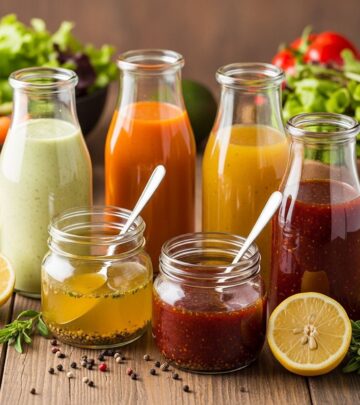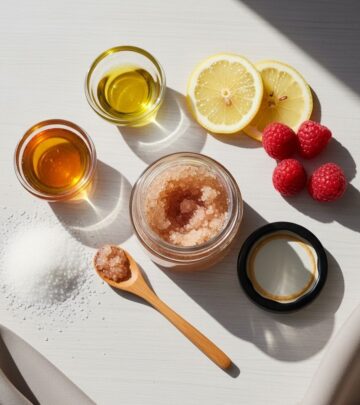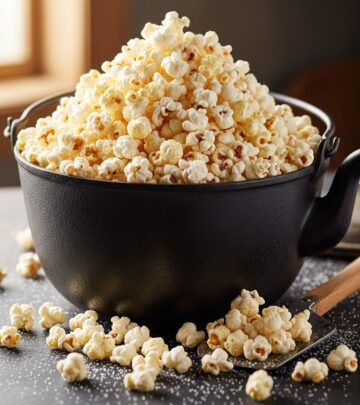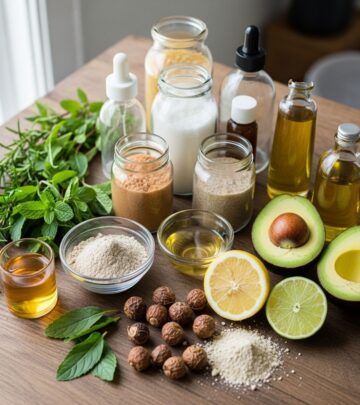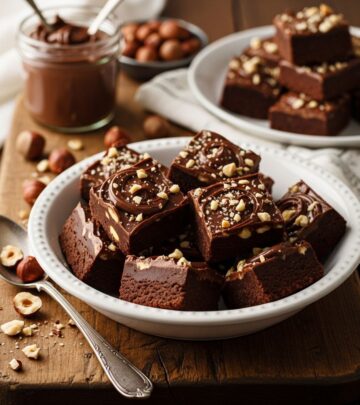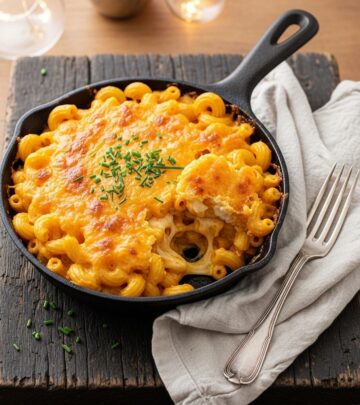How to Make the Best Roast Potatoes Ever: Ultra-Crispy Perfection
Master simple kitchen science to turn starchy tubers into irresistibly crunchy side dishes.
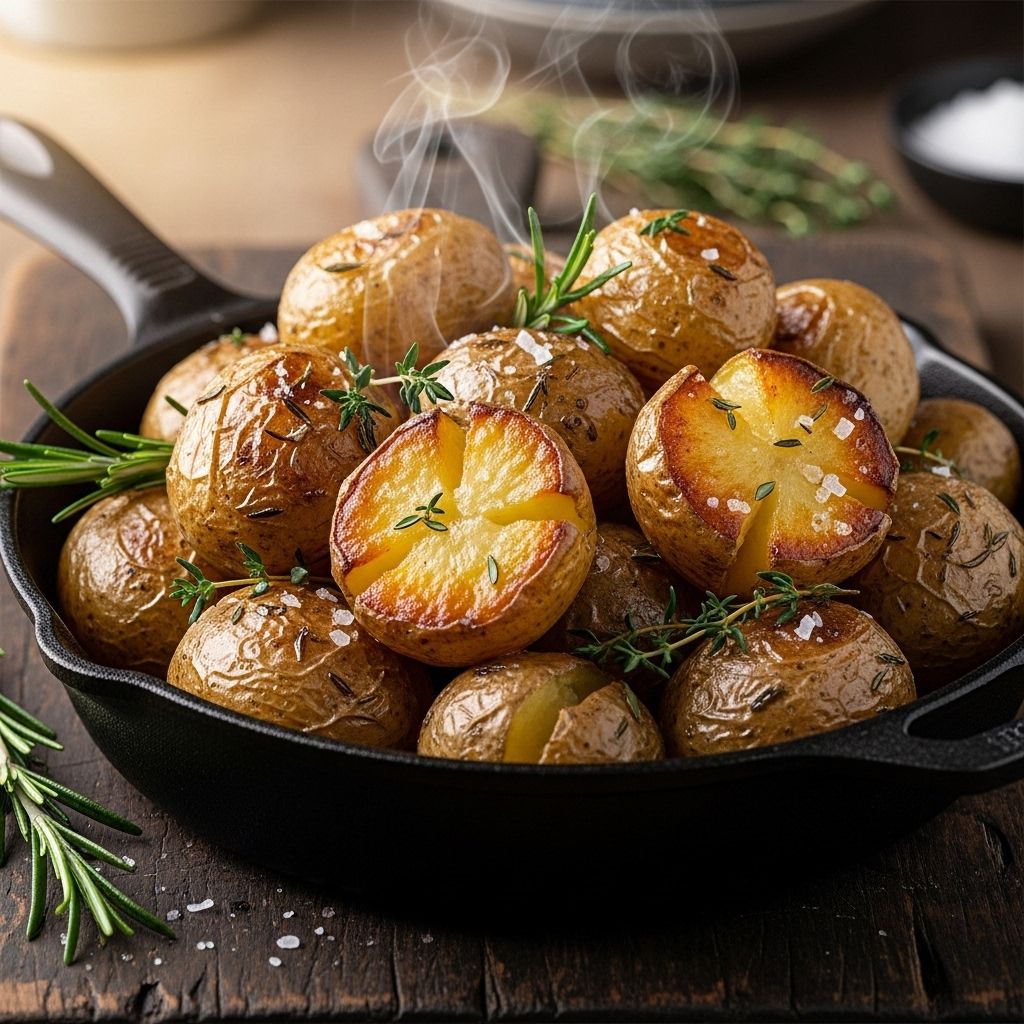
The Best Roast Potatoes Ever: Mastering the Art of Crunch
Roast potatoes are the unsung heroes of festive dinners and comforting Sunday roasts. Their appeal lies in a perfectly crisp, golden-brown exterior paired with a fluffily tender interior. While simple in concept, achieving truly remarkable roast potatoes demands meticulous attention to technique, seasoning, and the science of starch and heat.
Why Crispy Roast Potatoes Matter
Great roast potatoes are a culinary pursuit worth perfecting. The crunch of the crust contrasted with the soft, almost creamy center elevates any meal, from holiday feasts to casual family suppers. Their flavor, enhanced by golden fat and aromatics, complements everything from roasted meats to vegetarian mains.
Key Features of the Ultimate Roast Potato
- Deeply golden and crunchy exterior
- Fluffy and moist interior
- Bold, well-seasoned flavor
- Hints of garlic, herbs, and aromatic fat
Potato Selection: Starch is the Star
Not all potatoes are equal when it comes to roasting. For extra crispiness, select potatoes with a high starch content. Starchy potatoes such as Russet or Maris Piper break down slightly during boiling, creating the essential rough surface ideal for golden crunch.
- Best Choices: Russet, Yukon Gold, Maris Piper
- Avoid: Waxy varieties (red potatoes, new potatoes) – these remain firm and smooth, limiting crunch
The Science Behind the Crisp
The secret to ultra-crunchy potatoes is maximizing surface area and manipulating the starchy layer that develops during boiling:
- Boiling with Baking Soda: Adding baking soda to the boiling water raises the pH, helping break down the potatoes’ surface and forming a starchy slurry. This rough layer crisps up spectacularly in the oven.
- Salt in Water: Generously salting the water seasons the potatoes deeply within while also aiding the breakdown of starch.
- Steam-Drying: Draining and letting the potatoes steam drives off excess water, concentrating flavor and prepping for maximum crunch.
Step-by-Step Recipe: Ultra-Crispy Roast Potatoes
The following process distills years of food science, chef tips, and rigorous kitchen testing into a foolproof method.
Ingredients
- 2 pounds starchy potatoes (Russet or Yukon Gold)
- Kosher salt (for seasoning water and potatoes)
- ½ teaspoon baking soda
- 5 tablespoons extra-virgin olive oil (or rendered fat, such as duck fat)
- 3 cloves garlic, minced or grated
- 1 small handful fresh rosemary, chopped
- Freshly ground black pepper
- Optional: thyme, parsley, or other herbs for garnish
Instructions
- Preheat Oven: Set oven to 450°F (230°C) for maximum crisping.
- Prepare Potatoes: Peel and cut potatoes into large, even chunks (about 2-inch pieces). Uniform size ensures even cooking.
- Parboil with Baking Soda: Place potatoes in a large pot. Cover with cold water, add 2 tablespoons kosher salt and ½ teaspoon baking soda. Bring to a boil and cook until a knife easily pierces and exteriors begin to break down (about 10 minutes).
- Infuse Oil: While potatoes boil, heat olive oil in a small skillet over medium with garlic and rosemary. Cook until garlic just turns golden. Strain garlic and herbs from the oil, reserving both separately.
- Rough Up Potatoes: Drain potatoes and let them steam for a minute or two. Return to pot or a large bowl. Add infused oil and toss vigorously until a thick pasty layer forms on the surface.
- Roast: Transfer potatoes to a heavy-duty rimmed baking sheet in a single layer. Season with salt and pepper. Roast 20 minutes, then toss, scrape, and flip to expose new sides. Continue roasting, tossing occasionally, until evenly crisped and deep golden brown (total cooking time: 45–55 minutes).
- Finish and Serve: Toss hot potatoes with reserved garlic and herbs, adjust salt, and scatter with fresh parsley or thyme before serving.
Timing: A Detailed Timeline
| Step | Action | Duration |
|---|---|---|
| Boil | Potatoes with salt & baking soda | 10 min |
| Steam-dry | Drain and rest | 2 min |
| Infuse oil | Garlic & rosemary | 5 min |
| Roast | Baking sheet, flip twice | 45-55 min |
| Finish | Add aromatics | 2 min |
Why This Method Works: Insights & Kitchen Science
- Baking Soda’s Role: Alters potato surface pH, boosting breakdown and crustiness.
- Boil until Falling Apart: Surface crumbling means more crunch potential.
- Oil Infusion: Heating oil with garlic and rosemary extracts flavor but prevents herbs and garlic from burning in the oven.
- Rough Tossing: Don’t be gentle. Creating a mashed layer ensures a thick, crackly crust.
Fat Selection: What’s Best for Roasting?
The choice of fat fundamentally affects the potatoes’ flavor and golden sheen. Traditional British recipes use beef dripping or duck fat for their rich taste, but olive oil offers a lighter, Mediterranean note and is healthier thanks to its unsaturated fats.
- Olive Oil: Clean, robust flavor; easily available.
- Duck Fat: Rich, decadent, and slightly gamey.
- Beef Dripping: Old-school, hearty, and savory.
- Canola or Vegetable Oil: Neutral, economical alternative.
Flavor Variations & Customizations
Once you master the base technique, customize with a range of herbs, spices, and fats according to your preferences and menu.
- Herbs: Swap rosemary for sage, thyme, or tarragon for distinct flavors.
- Spices: Paprika or cayenne add warmth; smoked salt deepens flavor.
- Aromatics: Try shallots, crushed peppercorns, or lemon zest in the infused oil.
- Fats: Mix different animal fats or blend with butter for even more complexity (add butter during the last toss).
Top Tips & Common Pitfalls
- Don’t Rush Boiling: Undercooked potatoes will lack fluffiness and won’t form enough crust.
- Generous Oil: Skimping on oil reduces crispness and even browning.
- Single Layer Roasting: Crowding the pan leads to steaming instead of roasting. Spread potatoes out with space between.
- Flip for Even Crust: Scrape and turn potatoes at least twice for comprehensive browning.
- Season Soon: Season immediately out of the oven so salt adheres and flavors maximize.
Frequently Asked Questions (FAQ)
Q: Can I prepare roast potatoes in advance?
A: Yes. Parboil and rough up potatoes earlier in the day, refrigerate, then roast just before serving for fresh crispness.
Q: Is baking soda essential?
A: Baking soda significantly increases the crisp factor. For best results, don’t skip it.
Q: Which potatoes are best for this recipe?
A: High-starch varieties—Russet, Yukon Gold, Maris Piper—work best, producing a soft inside and crackly exterior.
Q: Can I use other fats besides olive oil?
A: Absolutely. Duck fat, beef dripping, or vegetable oil all work well with slight flavor differences.
Q: How do I store leftovers and reheat?
A: Leftovers can be chilled and reheated on a baking sheet at high temperature until re-crisped. Avoid microwaving, which softens the crust.
Q: Why did my potatoes go soggy?
A: Overcrowding the pan, not steam-drying after boiling, or insufficient oil can lead to sogginess. Spread potatoes out and follow each step for best results.
Serving Suggestions & Pairings
- Classic Roast Dinners: Beef, lamb, chicken, turkey
- Vegetarian Mains: Nut roasts, lentil loaf, stuffed squash
- Casual Sides: Serve with aioli, pesto, or simple sea salt and vinegar
- Holiday Feasts: Add lemon zest and parsley for a fresh twist
Expert Advice: What the Pros Say
Food scientists and chefs agree: maximizing surface area and roasting at high heat are the twin keys to perfection. The combination of salty, alkaline water and robust tossing physically transforms the potatoes, making your oven’s heat capable of yielding the crispiest results you’ve ever achieved in your home kitchen.
Troubleshooting Roast Potatoes
- Browning unevenly? Ensure potatoes are tossed and repositioned at least twice during roasting.
- Not crisp? Don’t crowd the pan—use two sheets if needed.
- Lacking flavor? Check your oil infusion and season generously throughout the process.
Conclusion: Achieving Potato Nirvana
By embracing the science and craft outlined above—parboiling with baking soda, infusing oil, and roasting with purpose—any cook can produce legendary roast potatoes that astonish guests and delight family alike. Elevate your next meal with these peerless spuds and enjoy the praise that follows.
References
Read full bio of Shinta

